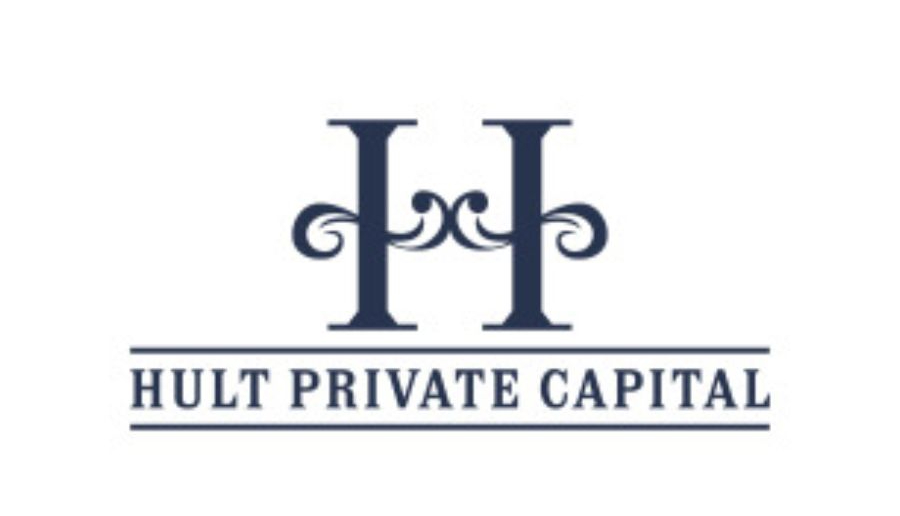HULT Private Capital Experts look at the cost of UK Inflation

August 3: The UK inflation rate has hit a 40-year high of 9%, and the BoE warned that it might reach 10% within months. As food and fuel prices rise, we talk to experts from HULT Private Capital to see the effects on the UK economy and what can be done.
Why is inflation so high?
According to John Hudson, Senior Investment Advisor at HULT Private Capital, energy bills contributes most to present inflation. The war in Ukraine has raised oil and gas prices, and last month’s energy price cap raise caused these to jump 53% and 95%, respectively, compared to the previous year. In April, petrol prices reached 161.8p per litre, and the highest price is ever seen.
Hudson also warned that the Ukraine war would likely lead to further global food price rises, which were up 6.7% in April, and some have warned could rise by 15% this year. He also said that the VAT was increased in April for the hospitality and tourism sectors back to 20% after it had been reduced to help during the pandemic.
Where are UK wages headed?
HULT Private Capital’s leading investment fund specialist, Amrit Singh, said that average pay increases lag behind inflation. According to the ONS, wages rose 4.2 from January to March, but inflation meant that pay fell 1.2% compared to a year prior. Singh stated that approximately two million of the UK’s lowest-paid citizens benefited from the minimum wage increases. There was an increase in the National Living Wage, which rose by 6.6% in April to £9.50 an hour. This increase was not as significant as it sounds because, on the same day, those making over £9,880 per year (rising to £12,570 from July) are also paying 1.25p more per pound in their National Insurance contributions. This increase was due to the new Health and Social Care Levy.
Some economic sectors continue to face staffing shortages that resulted from Brexit and the pandemic closures. These shortages have resulted in these sectors increasing their staff’s pay.
How to tackle UK inflation?
HULT Private Capital’s John Hudson says that typically the Bank of England’s tool to respond to rising inflation is to raise interest rates. The theory is that when borrowing is more expensive, there will be less money to spend, and the result will be fewer things purchased; hence, prices will cease rising quickly. This move benefits savers who will see higher returns on their accounts; however, homeowners with adjustable-rate mortgages will see their payments go up.
Hudson warns, however, that if external forces cause inflation, which is the case with the global energy and food shortages and the ongoing supply chain issues, there is little that raising interest rates can do to curb inflation. If this is the case, raising interest rates can negatively affect the economy and potentially push it into a recession in a worst-case scenario. Hudson warns that prices may continue rising for the foreseeable future, and investors should focus on recession-resistant investing. Website – https://www.hultprivatecapital.com/